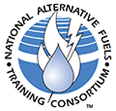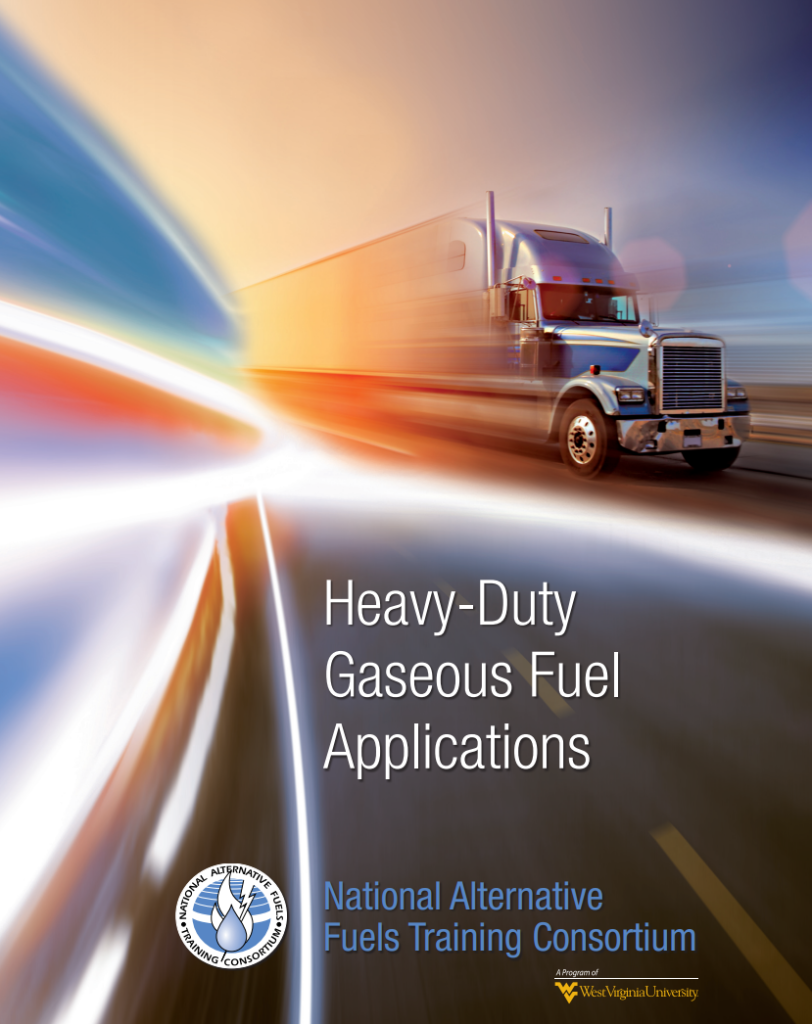Heavy-Duty Gaseous Fuel Applications
Course Description
Available for groups only, this course teaches participants about heavy-duty natural gas vehicles. It covers both compressed natural gas (CNG) and liquefied natural gas (LNG) systems. It goes overs the design and mechanisms of heavy-duty natural gas vehicles. Participants learn CNG components and how to install them, in addition to learning the difference between CNG and LNG and the process of converting a diesel vehicle to run on natural gas.
After completing this course, participants will be able to:
- Explain the process of converting a diesel vehicle to run on natural gas.
- Identify CNG components and how to install them.
- Understand he benefits of using CNG and its properties compared to gasoline, diesel, and propane.
- Know the differences of CNG flammability rage compared to other fuels.
- Recognize the differences between compressed and liquefied natural gas systems.
- Detail all safety issues related to the systems.
Modules:
- Introduction to alternative fuels
- CNG and LNG pressure and storage systems
- CNG conversion systems
- Electronic engine control
- Featuring Cummins Westport
- How on-board storage systems work together
- CNG components, safety and testing
Course materials provided:
- Participant manual: ISBN 978-1-933954-14-1
- Each module contains:
- Illustrations
- Explanatory figures and tables
- Review Questions
- Key Terms
Course designed for:
- Fleet managers
- Automotive technicians
- Code officials / Authorities Having Jurisdiction (AHJs)
- Construction contractors
- Government officials / decision makers
- Clean Cities coalitions



